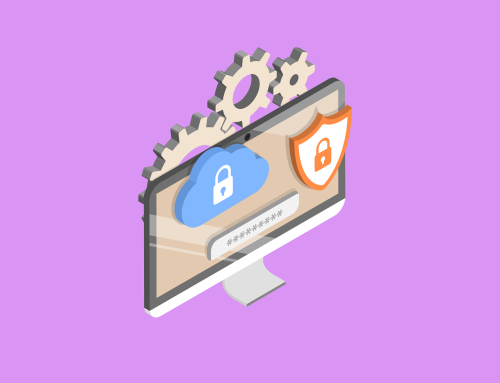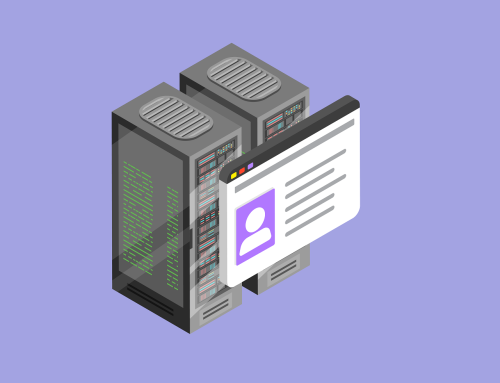The Importance of Data Governance
How data is handled in your organisation is of the upmost importance, especially if you’re dealing with customer data that could potentially damage your organisation both financially and reputationally if compromised. All organisations need to ensure the correct plans and controls are in place to appropriately manage both internal company data along with customer data.
Regardless of whether your data is stored digitally, traditionally or a combination of both, the performance of your organisation often depends on the quality of your data.
Discussed in this blog are some of the reasons Data Governance is so important for your organisation to allow for better, leaner and cleaner data.
What is Data Governance?
Data governance is the process of managing the availability, usability, integrity and security of the data in enterprise systems, based on internal data standards and policies that also control data usage.
Ultimately, it’s the set of principles and internal practices that ensure high quality through the complete lifecycle of your organisation’s data.
Effective governance is made up of your organisation having the following:
- Robust internal policies
- A high level of organisation
- Secure data
- High quality data
- Data stewardship
Why is Data Governance important?
1. Security
Data security continues to be one of the most important aspects in business to ensure sensitive data isn’t breached or compromised.
With appropriate Data Governance controls in place such as identifying safeguards and determining who has access to what data and what they can do with it, data security is greatly enhanced.
All steps to take in the event of a security breach should be present in your business continuity plan, which no organisation should be operating without.
2. Improved Efficiency
With the right Data Governance controls in place, organisations can improve overall efficiency, as many of the barriers related to data management are removed.
An improvement in efficiency results in reduced costs for the organisation. With reduced manual data cleansing organisations can save time and money, allowing them to put more focus on the projects rather than the data being used.
3. Compliance
With almost all organisations operating in industries or regions with data regulations in place, compliance with these rules is crucial to avoid penalties down the line. Without proper data governance measures in place, it’s impossible to be confident that your organisation is adhering to regulations.
Regulations such as GDPR impact any business that holds data on EU citizens. GDPR ensures that consumers have the right to be forgotten or risk a fine of up to 4% of annual worldwide turnover for a violation.
4. Measurability
Data governance is similar to quality control. It needs to have context and be measurable against some form of baseline. Without some level of context, it’s impossible to know how good your data governance is, meaning it’s harder to make improvements in the future.
5. Accountability
There always needs to be some level of accountability when it comes to data governance. Specific employees need to be designated to monitor and be responsible to monitor, report and manage systems. Ensuring the organisation has an accountability system in place is great way of reducing risk and support your data governance goals.
Data governance is not a once off solution, it’s an ongoing process that helps keep your organisation’s data safe and secure. To establish and reach your data governance goals, an internal team from all areas of the organisation should be assembled to implement policies and procedures for handling data.
Has your organisation embarked on a project that handles sensitive customer data? Be sure to get in contact with us today on +353 1 8041298!









